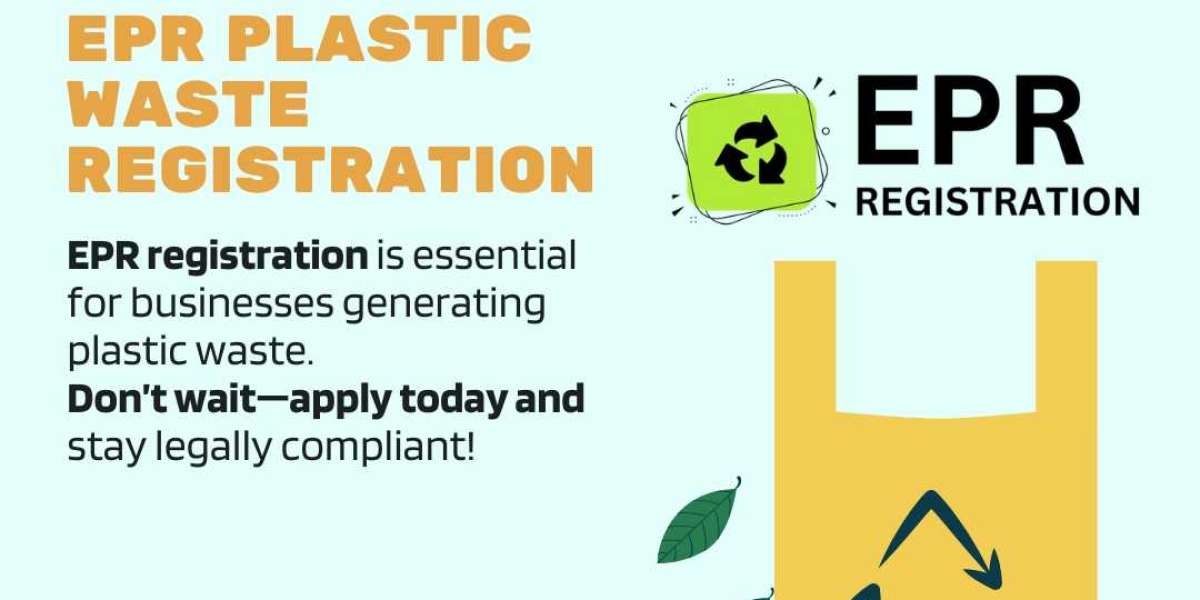EPR (Extended Producer Responsibility) Plastic is a framework that ensures accountability for managing the end-of-life stage of plastic packaging. Under this regulation, companies that manufacture or import plastic products must develop a system to collect and recycle the plastic waste generated from their products. The Central Pollution Control Board (CPCB) oversees the EPR registration process and compliance monitoring.
EPR Plastic registration applies to four major categories:
- Producers – Entities that manufacture plastic packaging materials.
- Importers – Companies importing plastic products or packaging.
- Brand Owners – Businesses selling packaged products under their own brand name.
- Plastic Waste Processors – Entities engaged in recycling or converting plastic waste.
Importance of EPR Plastic Compliance
The EPR system promotes sustainable plastic waste management and ensures companies contribute to the recycling ecosystem. It helps in:
- Reducing plastic pollution and landfill waste.
- Encouraging the use of recycled plastic in packaging.
- Promoting a circular economy and resource efficiency.
- Ensuring accountability in the production and disposal cycle.
Non-compliance with EPR norms can lead to penalties, cancellation of registration, and business restrictions. Therefore, obtaining an EPR Plastic Certificate is vital for any company dealing with plastic packaging materials in India.
EPR Plastic Registration ProcessThe process involves:
- Filing the Online Application: Submission of details such as company profile, plastic packaging category, and waste management plan on the CPCB portal.
- Documentation: Uploading necessary documents like GST certificate, PAN, company incorporation certificate, and recycling agreements.
- EPR Target Plan: Defining annual plastic waste collection and recycling targets.
- Approval by CPCB: Once verified, CPCB grants the EPR authorization.
After approval, the registered entity must file annual reports to demonstrate compliance with recycling and waste management targets.
Benefits of EPR Plastic Registration
- Enhances brand reputation as an environmentally responsible business.
- Ensures legal compliance with Indian environmental laws.
- Builds consumer trust by promoting eco-friendly practices.
- Enables sustainable waste management through structured recycling.
Agile Regulatory – Your Trusted Partner for EPR Plastic Registration
Agile Regulatory offers expert assistance for EPR Plastic Registration in India. Our team helps producers, importers, and brand owners prepare documentation, file applications, and maintain compliance with CPCB norms. From registration to annual reporting, we ensure your business meets all EPR obligations efficiently. Partner with Agile Regulatory to make your organization compliant and environmentally responsible.








